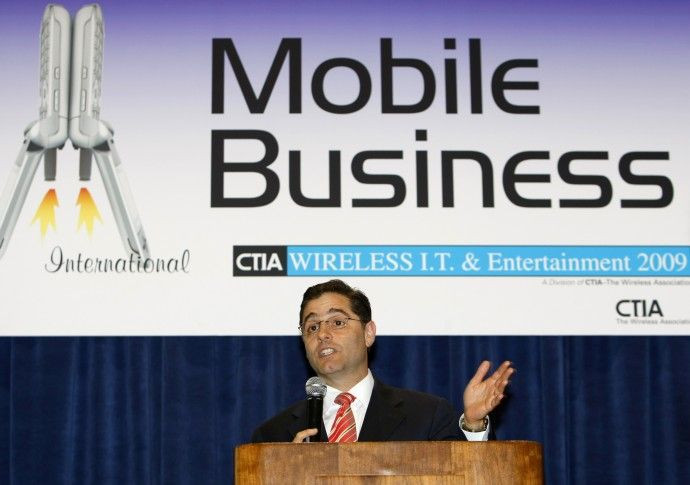FCC Approves Net Neutrality

The Federal Communications Commission (FCC) has narrowly approved new rules governing net neutrality by a vote of three to two.
The rules, which were laid out by the FCC's Chairman Julius Genachowski, include three basic principles: transparency, no blocking and no unreasonable discrimination. Genachowski joined FCC members Michael Copps and Mignon Clyburn in supporting the new framework.
Commissioners Robert McDowell and Meredith Attwell Baker dissented. McDowell and Baker are Republicans; whereas Genachowski, Copps and Clyburn are Democrats.
At its core, net neutrality is all about treating internet traffic equally. Under the new regulations, broadband internet providers such as Comcast and Verizon would be prevented from blocking lawful content, applications and services -- even if they are competitors. For instance, Comcast would not be able to slow down traffic to Netflix, even if the latter offers streaming TV and movies to compete with the cable stations. Service providers would have to be transparent about their network management procedures and explain why they might block content.
The new regulations state fixed broadband providers cannot unreasonably discriminate when blocking content. The consumers have a right to a level playing field, Genachowski said. No one can pick winners or losers. That's the role of the commercial market. There can't be a fast lane for some companies to get their idea or service out there faster than others, because broadband providers are selectively prioritizing traffic.
The rules for mobile broadband providers are similar. Like fixed internet providers, mobile broadband service companies are not able to block websites, content, applications that are lawful. However, rules for mobile and fixed providers do vary, as wireless providers can charge more for certain content such as video.
The new net neutrality framework also addressed the issue of tiered pricing. The rules say internet service providers can set tiered prices, as the FCC acknowledged the value of experimentation and flexibility.
Under the new order, consumers can file a complaint, free of charge, to the FCC. Furthermore, the commission has the right to initiate an investigation.
© Copyright IBTimes 2024. All rights reserved.





















